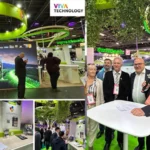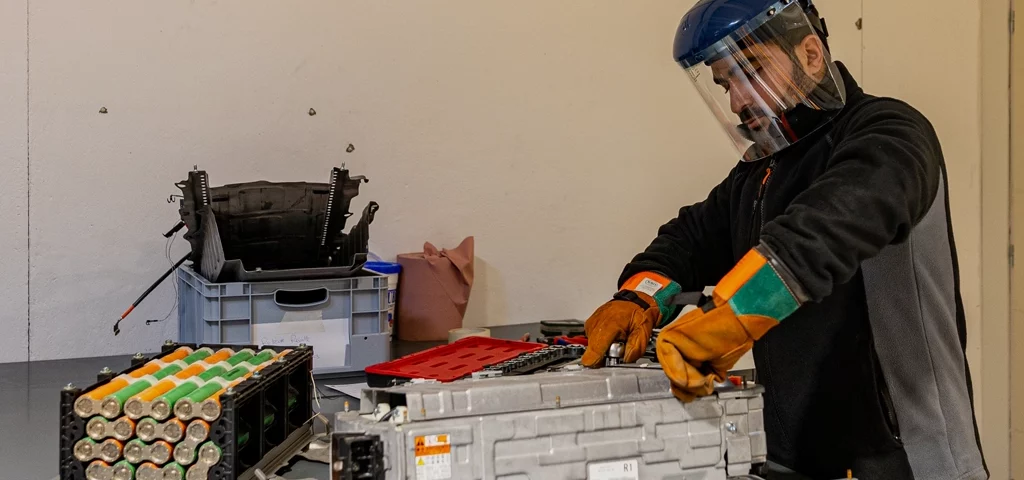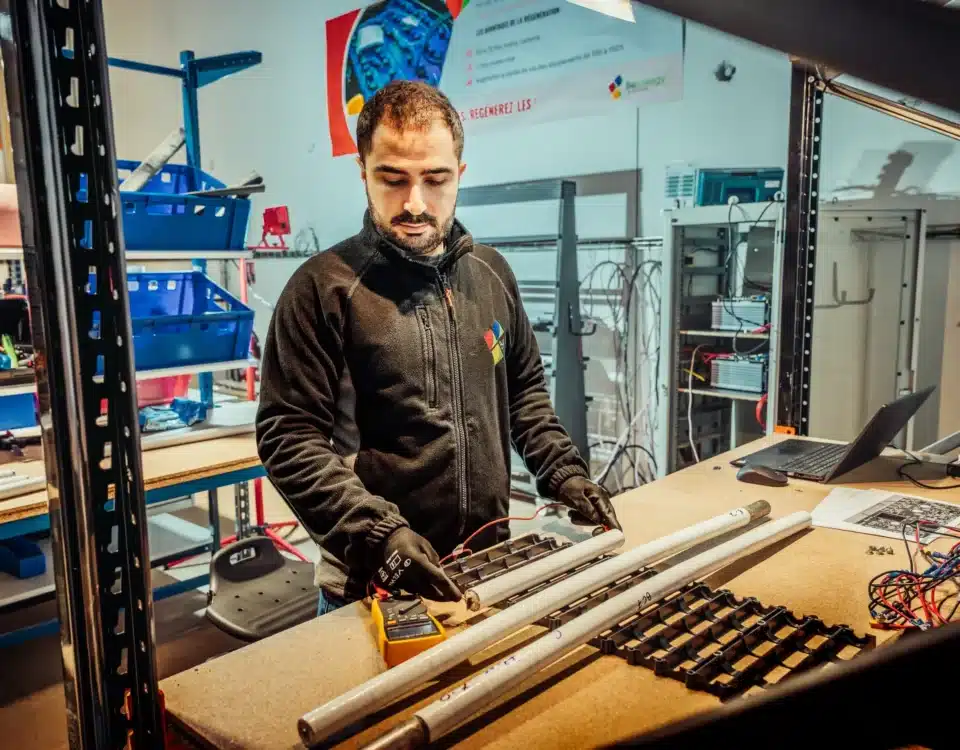
Be Energy, chosen by Région Sud to take part in Vivatech 2024
26 June 2024
Tahiti: a cutting-edge solution to the ecological transition challenges in French Polynesia
5 September 2024Hybrid mobility, at the heart of the ecological transition, relies heavily on NiMH batteries. Managing them efficiently is a major challenge, and Be Energy, an innovative French company, is providing a revolutionary solution. Winner of ADEME's prestigious i-Nov competition in 2021, Be Energy is at the forefront of sustainability in the hybrid vehicle sector thanks to its battery regeneration technology.
Hybrid self-charging mobility challenges
Hybrid mobility is a pillar of the ecological transition, and Nickel-Metal Hydride (NiMH) batteries are one of the key elements. They play a major role in reducing the fuel consumption and CO2 emissions of hybrid vehicles. These batteries are used in many popular models, such as the Toyota Prius Prime, the Hyundai Ioniq Plug-in and the Kia Niro Plug-in. These vehicles, designed to be both high-performance and durable, depend on NiMH batteries to maintain their ecological efficiency.
Types of batteries used in hybrid vehicles
Hybrid vehicles use two main types of battery:
Nickel-Metal Hydride (NiMH) batteries
NiMH batteries were widely used in the first generations of hybrid vehicles. They are economical and offer good energy capacity, making them ideal for conventional hybrid vehicles. However, their energy density is lower than that of lithium-ion batteries, making them less suitable for rechargeable hybrid vehicles, which require greater range in all-electric mode.
Lithium-ion (Li-ion) batteries
Lithium-ion batteries, which are more recent, are now preferred in hybrid models, particularly those that are rechargeable. They have a higher energy density, enabling more energy to be stored in a given volume, which improves the vehicle's electric range and reduces its overall weight. They also discharge less quickly, offering better long-term performance.
When hybrid self-charging batteries reach their limits
When hybrid batteries start to show signs of weakness, a number of problems can arise:
Increased fuel consumption: the vehicle loses electrical assistance, which increases the use of the combustion engine and therefore fuel consumption.
Loss of performance: acceleration becomes less lively and the vehicle may feel less powerful.
Warning lights on the dashboard: these generally indicate a problem with the hybrid system.
Continuing to drive with a faulty hybrid battery can also cause further damage to the hybrid system and shorten the life of the combustion engine. It is therefore essential to have these problems diagnosed and repaired quickly by a professional.
Be Energy: an innovative solution for regenerating self-charging hybrid batteries
In France, around 1.3 million end-of-life vehicles (ELVs) are processed every year. This represents a considerable challenge for the 1,700 ELV treatment centres and 60 approved shredders. Be Energy has come up with a sustainable solution to this problem: the regeneration of NiMH batteries. This patented technology makes it possible to diagnose the condition of each battery cell and restore its initial capacity, offering a sustainable and economical alternative to battery replacement.
The benefits of Be Energy technology
Environmental impact
Regenerating one tonne of NiMH batteries with Be Energy technology saves 21 tonnes of CO2, making a significant contribution to the fight against climate change. This reduction in emissions is in line with the objectives of the World Climate Conferences (COP) and initiatives to promote sustainable cities and environmentally-friendly mobility.
Economic impact
From an economic point of view, regenerating batteries is much more affordable than replacing them. This means substantial savings for consumers and businesses, while extending the life of batteries, optimising the initial investment in hybrid vehicles.
Infrastructure and location
Be Energy's workshop in Avignon is entirely dedicated to the regeneration of NiMH batteries. With a surface area of over 200 m², this workshop is equipped with a module library capable of storing over 1,000 prismatic or cylindrical cells. This infrastructure enables Be Energy to meet the specific needs of its customers quickly and efficiently.
Thanks to this infrastructure, Be Energy is able to offer great flexibility and greater responsiveness, while reducing costs for the end consumer. The storage and management system for regenerated cells enables batteries to be optimally organised and prepared to order, guaranteeing superior quality of service.
To make its technology accessible to as many people as possible, Be Energy has teamed up with strategic partners such as REVOLTE e-Garages in Nantes, a specialist in hybrid vehicle batteries. This collaboration extends the reach of Be Energy's regeneration services across France, offering a quality solution to customers throughout the country.
A promising future for battery regeneration
Be Energy's innovation was recognised by ADEME in the i-Nov 2021 competition, a distinction that underlines the importance and potential of this technology in the ecological transition and circular economy. On the strength of this recognition, Be Energy continues to look to the future with the ambition of developing more sustainable and innovative solutions. Thanks to a sustained effort in research and development, the company is positioning itself as a key player in the circular economy, working towards a greener, more responsible future.
Be Energy is committed to remaining at the forefront of innovation in the hybrid battery sector, actively contributing to a world where sustainable mobility becomes the norm.


